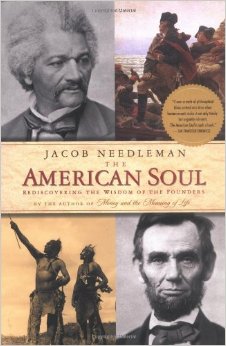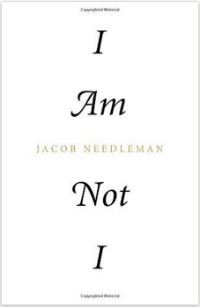The American Soul
As Reflected in the Questions of the Heart
Why Do We Live?
Reason, Liberty and Love
“To repeat, this capacity which they called “reason” has little to do with what we usually refer to by that name. It is not something that can be programmed into a computer; nor is it a collection of information and data; nor is it the power to develop ingenious hypotheses for the purpose of short-term prediction and material advantage—all these are capacities of the mind which in their way are shared by the animals and many of which can even be performed better by machines. By “reason,” the Founding Fathers are speaking of a power within man that is capable actively of apprehending the essential truth and form of universal reality and morality. It is a capacity that acts independently of individual subjective emotion or instinctual attraction. By being thus independent of emotional or subjective preference, this “reason” is able to be the conduit not only of knowledge but of love, love that is not shackled to the personal and preferential.”
What Can We Hope For?
The Peacemakers
“Washingtonian democracy is not the freedom to try to destroy each other physically or philosophically or morally, but the freedom to bring one’s own best thought together with one’s best effort to listen and attend to the other. The aim is not to reach the pale and crooked version of mutual accommodation that we call “compromise,” which is often either ineffectual or ethically corrupt, but to discover a more comprehensive intelligence that allows each part and each partial truth to take its proper and necessary place in the life of the whole.”





